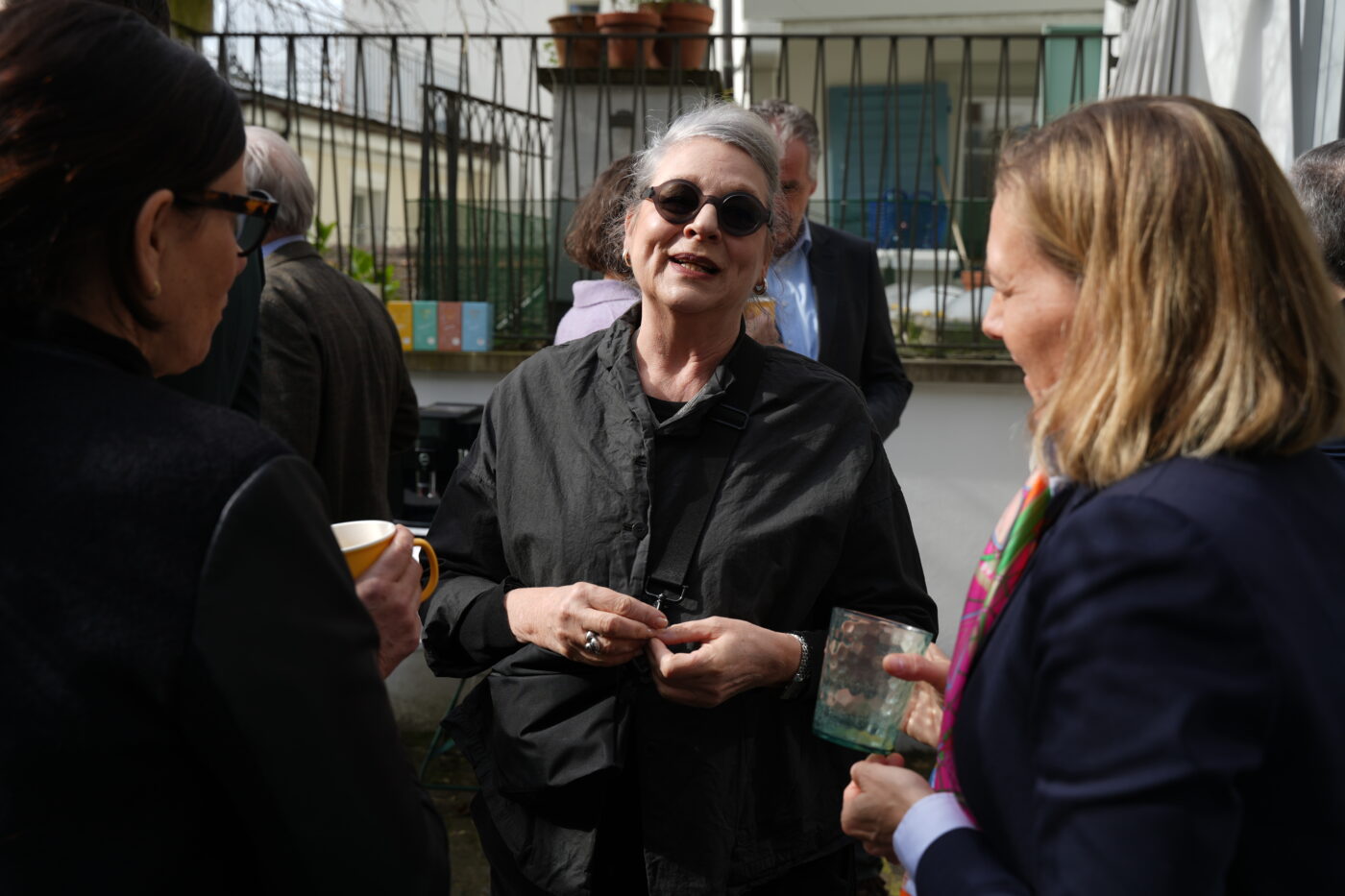Frugal innovation with Lukas Neumann
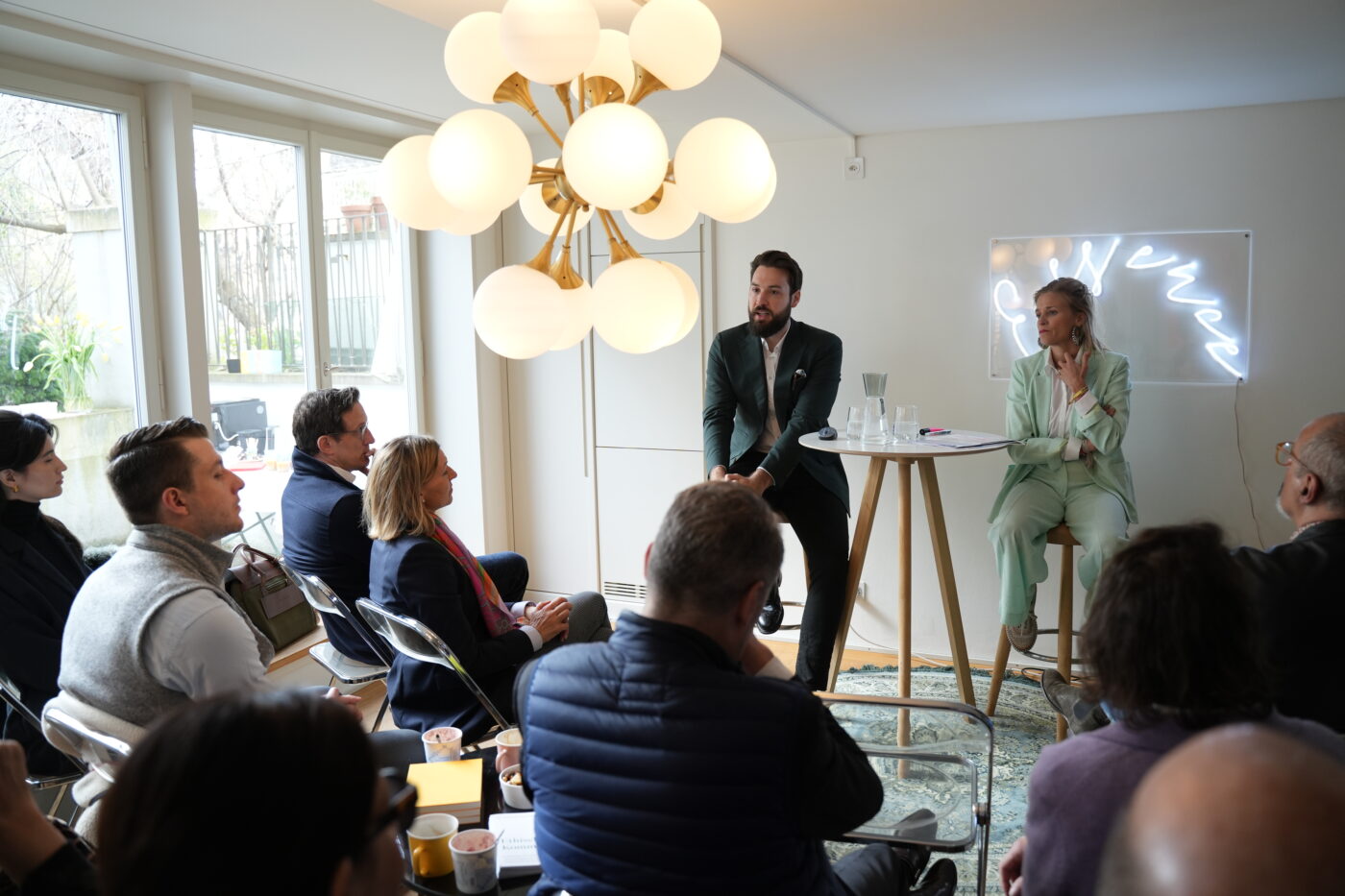
The global economy is characterized by growth and complexity. Frugal innovation offers a counterpoint: simplicity and efficiency.
In our Coffee & Cigarette, we learned more from Dr. Lukas Neumann about the potential and challenges that a frugal transformation entails. Our learnings summarised for you:
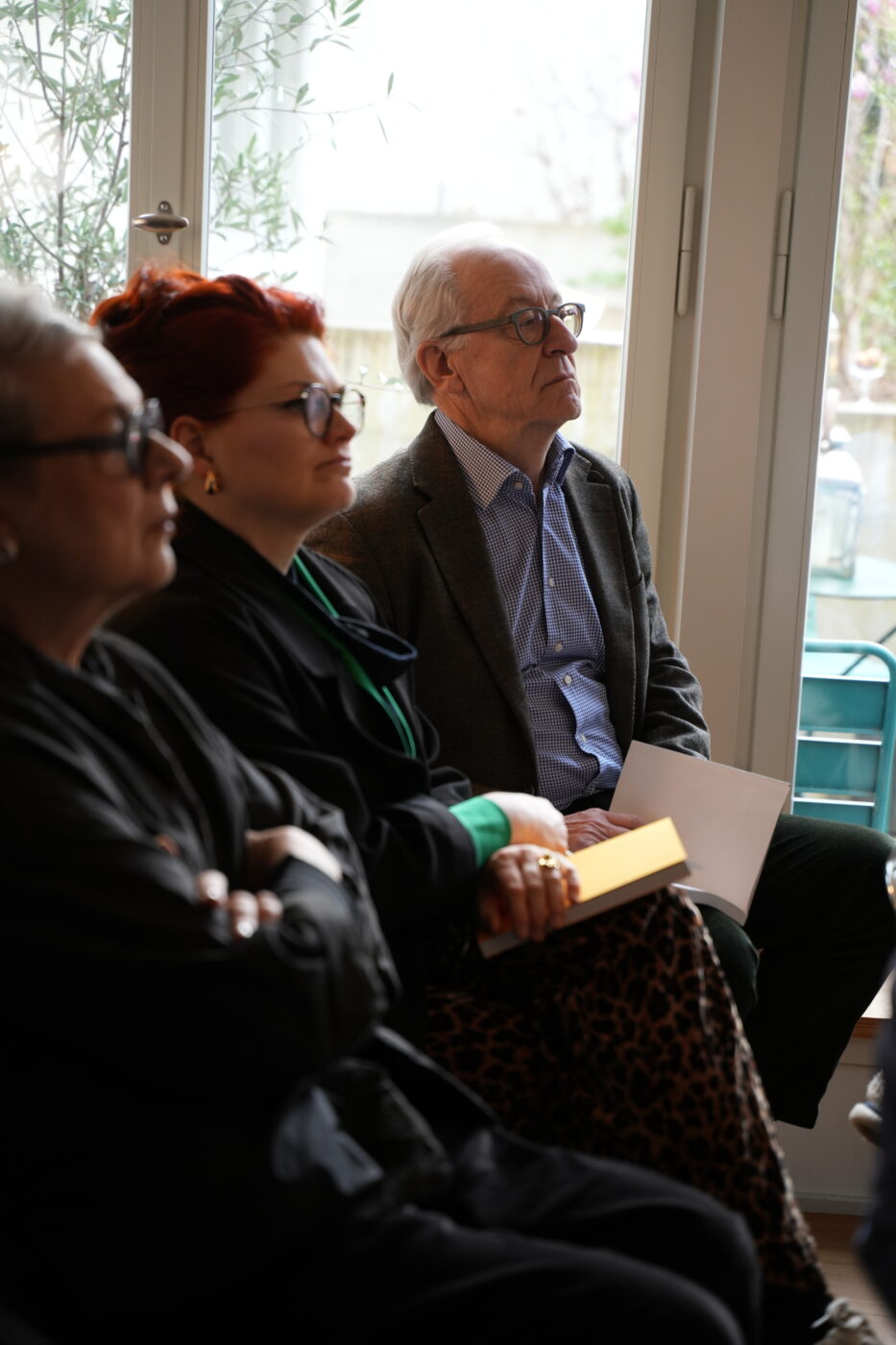
What is frugal innovation?
Frugal innovation focuses on the essentials. It is a response to our finite resources. The approach suggests that people’s needs can be met more efficiently if they are analysed more closely and if products are accurately aligned with them. Frugal innovation counters the paradigm of «always higher, always better» with «less is more.»
The concept originates in developing and emerging countries, where resource scarcity is more commonplace than in Western industrial nations. Lukas Neumann leads the market development in Africa for an international industrial company. To understand the customers and their needs there, one must talk to the people, engage with the families and villages. Only by doing this can the actual problems be identified, which must then be solved efficiently.
«Frugal innovation revolves around thoroughly understanding the customers and their needs.»
However, the move towards frugal innovation has already made its way to us. Examples of frugal products include a mini-sized computer mouse, a baby sleeping bag serving as an incubator alternative, or streamlined insurance policies offered through microinsurance. This trend is fueled by a societal pivot towards sustainability, prompting questions like: What product features do I genuinely need? What extra functionalities can I forego?
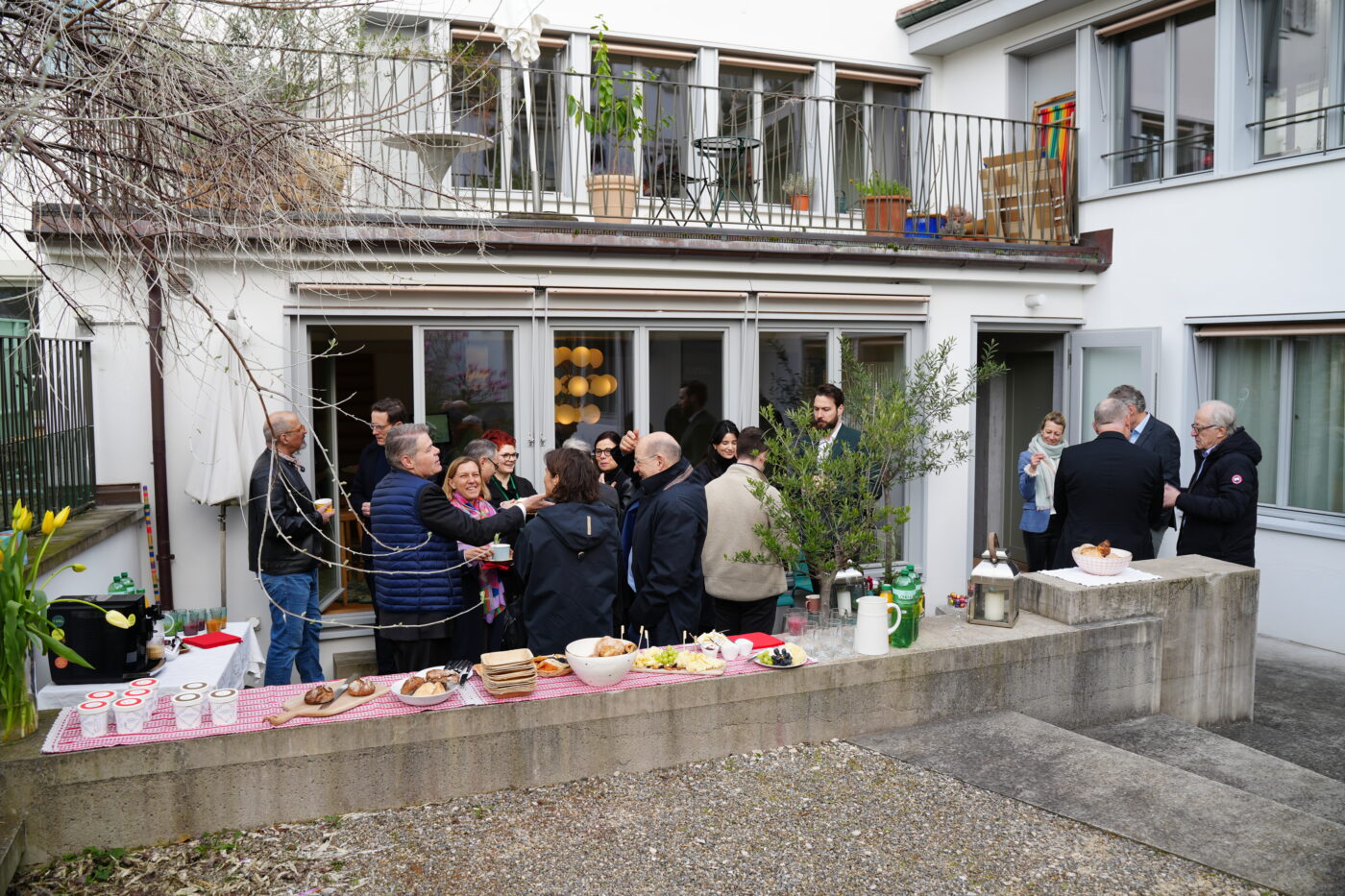
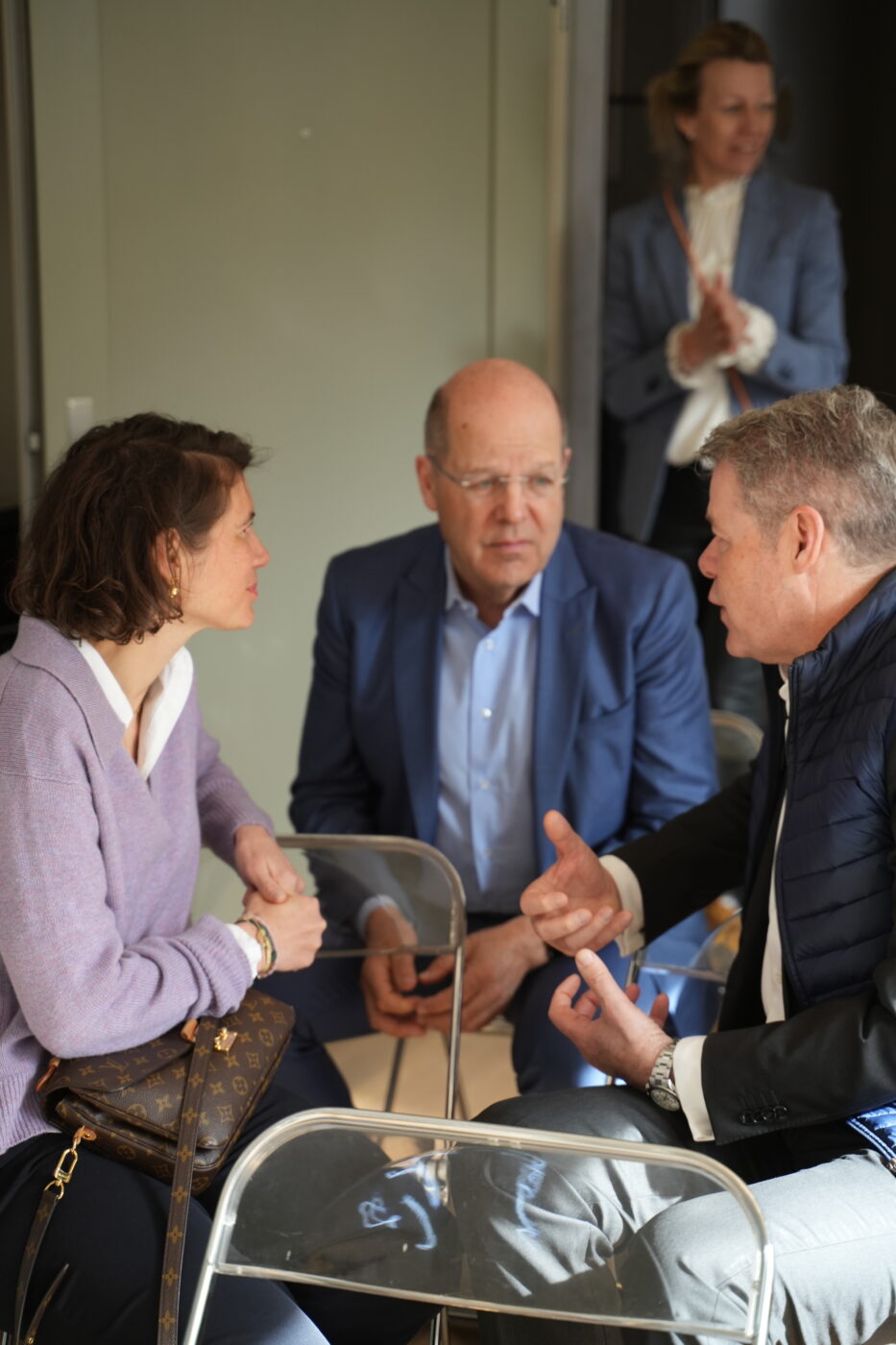
How do you foster a sense of frugality?
Essentially, there are three different types of frugality to consider:
1. Frugal Mindset:
This is the foundation and involves adopting a frugal way of thinking. It’s relatively straightforward to implement and requires a conscious decision to focus on what’s essential. The choice for frugality can stem from economic goals or a humanistic approach.
2. Frugal Processes:
Implementing frugal processes is more challenging. It demands a critical examination and adjustment of supply chains and structures within an organisation. Consider questions like: How many parking spots do I actually need for my employees?
3. Frugal Products:
Developing frugal products represents the most complex level of transformation. It requires a comprehensive approach that includes a cultural shift within the organisation. Ask yourself: Which target groups in which markets do I want to address? What need does my product meet?
«Frugal innovation is an opportunity for greater sustainability, but it’s not a quick win.»
Communication as the key to success.
The successful implementation of frugal innovations requires a cultural shift. Open and proactive communication is essential for this. It’s important to engage employees and show humanity. Successes are rarely immediate; a frugal transformation needs to be considered in the long term. Such an approach cannot be outsourced: Companies must be willing to embark on the path of frugal transformation themselves. Therefore, communication is about managing expectations: Frugal innovation presents an opportunity for ecological and economic sustainability, but it’s not a quick win.
